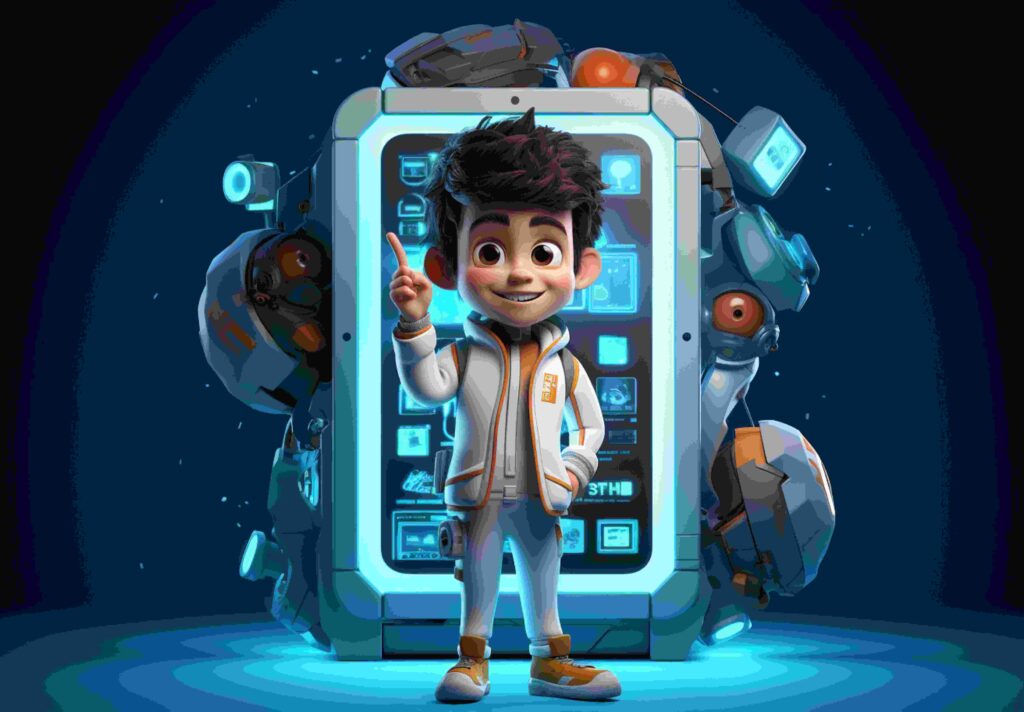Table of Contents
- What Are Chatbots?
- How Do Chatbots Work?
- The Benefits of Using Chatbots
- Common Misconceptions About Chatbots
- Why Are Chatbots So Popular?
- Are Chatbots Taking Over?
- What’s Next for Chatbots?
What Are Chatbots?
Chatbots are computer programs designed to simulate conversations with humans. Whether you’re asking Siri for the weather or chatting with a support bot on a website, these virtual assistants make life easier by providing quick and efficient responses. From handling basic tasks like answering FAQs to more complex activities like booking appointments, chatbots have become essential in our digital lives.
How Do Chatbots Work?
At their core, chatbots use natural language processing (NLP) to understand and respond to text or voice inputs. There are two main types: rule-based chatbots and AI-powered chatbots. Rule-based chatbots follow predefined rules, leading to simpler, more straightforward interactions. On the other hand, AI-powered chatbots, like Google Assistant or Alexa, can understand more complex commands and learn over time, offering increasingly accurate responses based on past interactions.
The Benefits of Using Chatbots
Chatbots bring numerous benefits to both individuals and businesses. For users, they offer 24/7 assistance, fast response times, and the ability to multitask effortlessly. For businesses, chatbots can improve customer service, cut operational costs, and even boost sales by engaging potential customers at the right moment. With such advantages, it’s no wonder chatbots have gained widespread popularity.
Common Misconceptions About Chatbots
Despite their benefits, chatbots are often misunderstood. Some people believe they are overly robotic, incapable of understanding complex emotions or issues. However, thanks to advancements in AI, chatbots are becoming increasingly adept at recognizing and responding to human emotions. Others worry that chatbots will take jobs, but their primary function is to assist with routine tasks, not replace human roles entirely.
Why Are Chatbots So Popular?
The popularity of chatbots is easy to understand—they save time and make tasks more convenient. Instead of waiting on hold for customer service, you can get immediate answers from a chatbot. They can assist with shopping, scheduling, or troubleshooting without the need for human intervention. For businesses, chatbots improve customer satisfaction, streamline operations, and reduce costs.
Are Chatbots Taking Over?
Not completely! While chatbots are becoming more common, their primary role is to assist rather than replace human interaction. They handle repetitive tasks, allowing people to focus on more complex or creative work. Both businesses and consumers benefit from this balance—where chatbots take care of routine tasks, and humans engage in more meaningful connections.
What’s Next for Chatbots?
As AI technology continues to advance, chatbots will become smarter and more personalized. They will play an increasingly integral role in our daily lives, working seamlessly alongside us. From virtual shopping assistants to healthcare bots monitoring our well-being, the future of chatbots looks bright, promising greater convenience and innovation.



